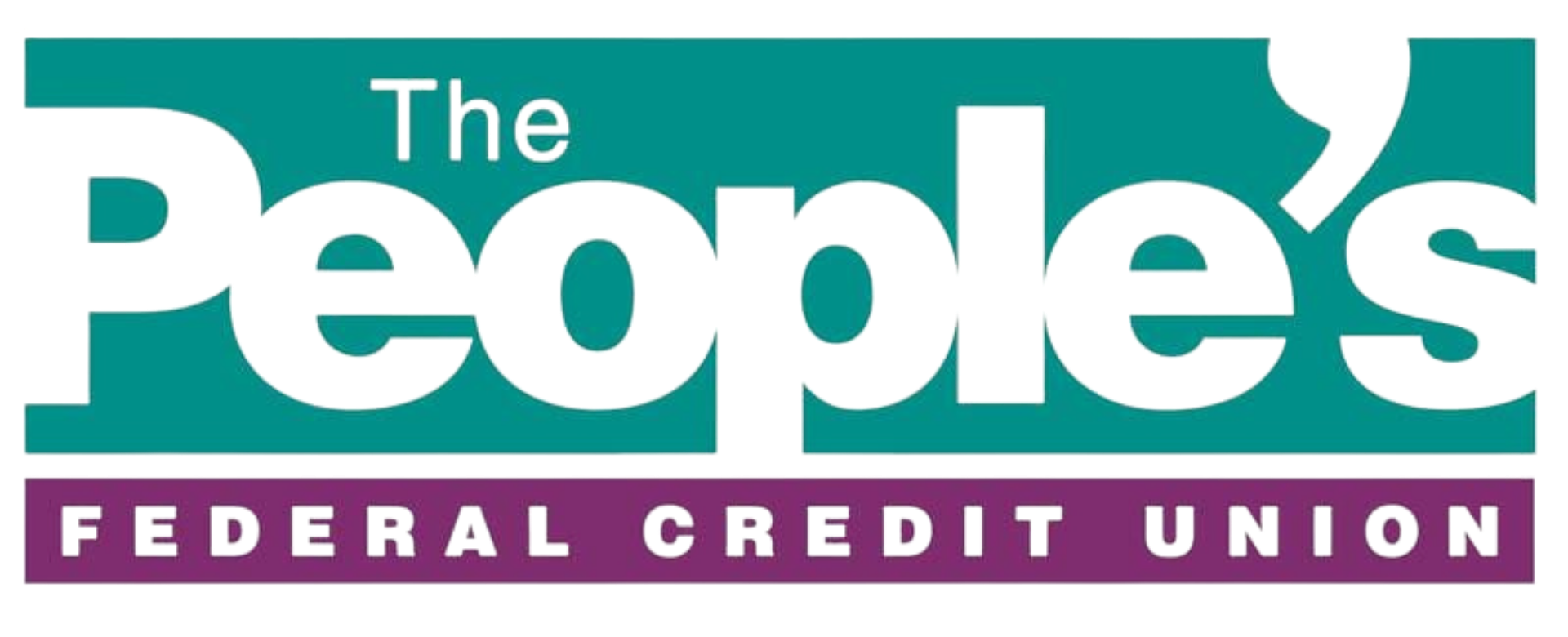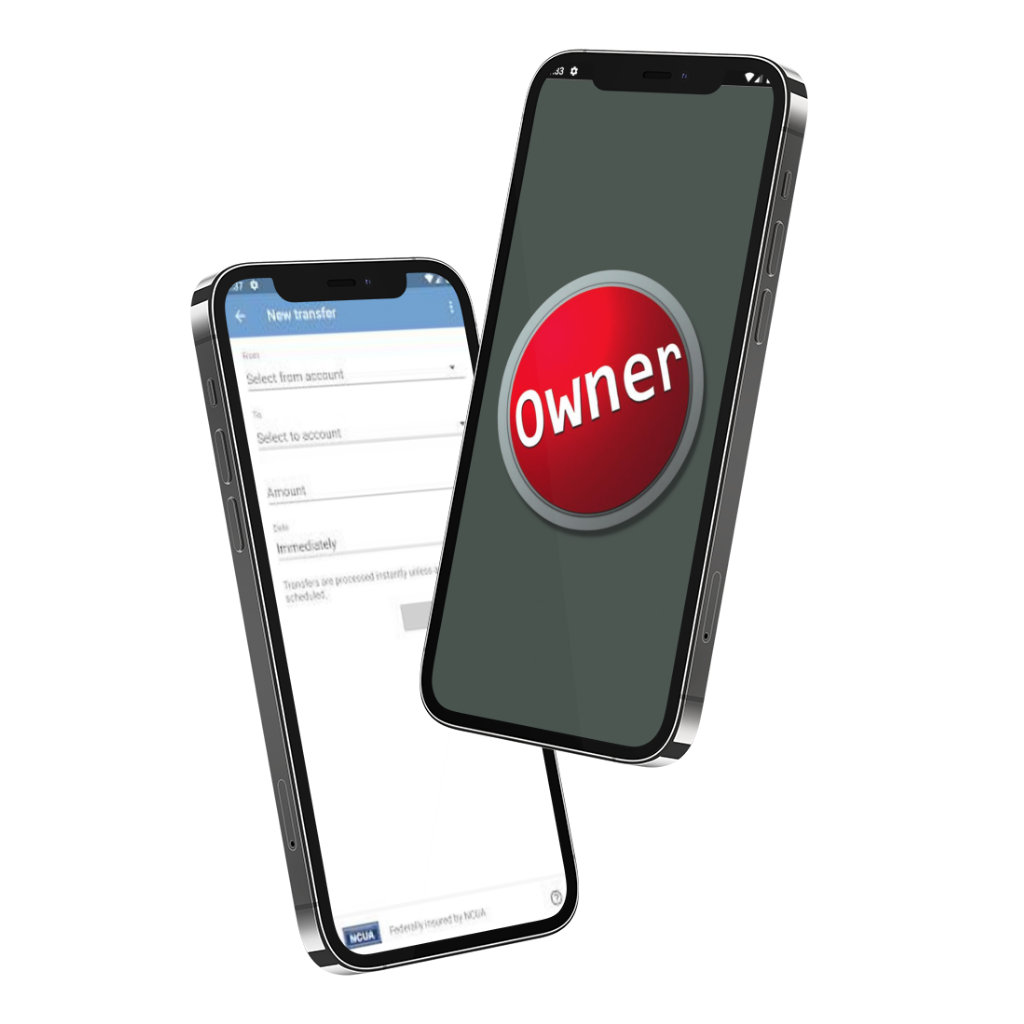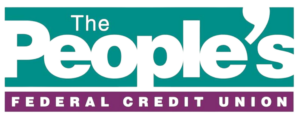Pre-retirement is the period of time from when you decide you want to retire and your retirement date. There are several crucial steps you need to consider and evaluate before you give up your current job and discover you did not plan correctly or find yourself struggling financially.
Some people are fortunate enough to start the planning process early on in their careers so they have a nice nest egg built up through a 401K, IRA, investments, or a share savings account at their local federal credit union. If you did not get started as soon as you would have preferred, you need to consider what impacts this will have once you retire.
Dry Run
So, your first step in pre-retirement planning is to do a “dry run” of living on your anticipated retirement income before you retire. Over the course of several months, attempt to live on only what income you would get from Social Security and any withdrawals you could make from retirement accounts. If you discover you are coming up short, then you may want to put off retiring for a little longer.
The longer you can delay drawing Social Security and other retirement benefits, the better, as you will be able to pay more into the programs and receive high monthly payments once you retire.
Things to Ask Yourself
Another component of pre-retirement planning is considering different aspects of your life after you retire. Ask yourself the following:
- What do you want to do after retiring? Just because you stop working one job does not mean you might not want to pursue another job in a different career field that you enjoy. You should also think about how you want to spend all of your free time, from personal hobbies to traveling.
- Do you have a mortgage? If so, what is the interest rate and would it be beneficial to pay it off ahead of time? If you refinanced recently and got a lower interest rate, then it could be worthwhile to keep the mortgage for the tax benefits.
- Do you have enough money set aside? Most people tend to live between twenty and thirty years after retiring. Initially, you may have enough retirement income to survive, but you also need to take into account inflation and the effects it will have on your future ability to meet your financial obligations.
- Where do you want to live? Many people want to remain in their current homes after they retire. However, as we age, our housing needs can and do change. Selling your home and downsizing into a smaller home not only reduces your housing costs but also could give you extra money to set aside and supplement your other retirement income.

- Do you have an IRA? An individual retirement account or “IRA” can be especially beneficial as a pre-retirement strategy, as it affords you special tax exemptions that other investment vehicles are typically not able to offer. An IRA allows you to hold assets such as stocks, bonds, and cash for retirement without being subjected to full income tax penalties when you withdraw money after retiring. Depending on the type of IRA you choose, taxes may be paid before money is stored in an IRA or simply deferred until the time when you retire and begin withdrawing. An IRA is also a self-directed investment option, allowing you to take charge of your future with investments you plan and execute as you see fit.
Let TPFCU Help You
As you can see, pre-retirement planning is an essential step leading up to retirement that you should complete to ensure you are financially prepared for your golden years. For assistance with pre-retirement and retirement planning, please feel free to stop by The People’s Federal Credit Union branch nearest you today or call us at 806-359-8571.








